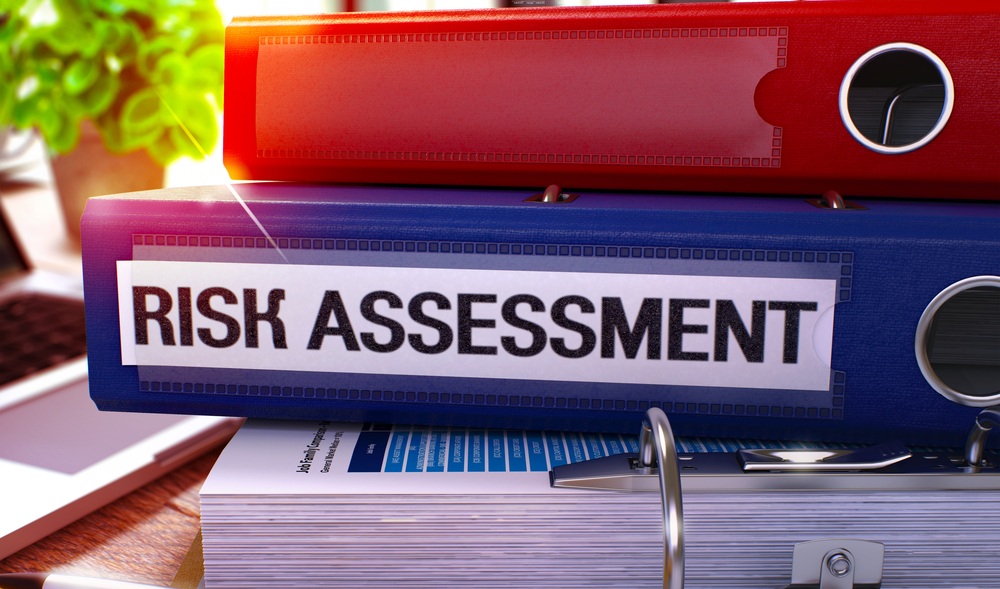Course Details
Course Outline
5 days course
Introduction to Total Quality Management (TQM) Concepts
- Definition of Quality and Quality Models
- History of Quality
- What is TQM?
- The Relationship Between ISO 9000 and TQM
- Benefits of Implementing a Quality Model
- The Cost of Poor Quality.
- The Gurus Comparison (Deming, Crosby, Juran, Etc.)
- National Quality Award:
- The Malcolm Baldrige National Quality Award
- EFQM.
- Choosing the Right Model for Your Organisation.
- The Quality Maturity Ladder.
The Success Elements of TQM
- Customer-Driven Quality.
- Plan-Do-Check-Act Model (PDCA).
- Eight Step Problem-Solving Methodology.
- Process Thinking.
- Eliminating the Non-Value Added.
- Management by Facts and Data.
- Continual Improvement and Kaizen.
- Enhanced Employee Participation and Decision-Making through Idea Generating Systems.
- Employee Reward and Recognition.
Tools for Total Quality Management
- What Is a Quality Tool?
- The Seven Quality Control Tools.
- Cause-and-Effect Diagram, Check Sheet, Control Charts, Histogram, Pareto Chart, Scatter Diagram, Stratification.
- Benchmarking
- Failure analysis
- PDCA (Plan–do–check–act) cycle
- Process management
- Product design control
- Statistical process control
- Brainstorming.
- Tree Diagrams: How-How and Why-Why Diagrams.
- Force Field Analysis.
- Affinity Diagrams.
- Process Mapping.
- Poka Yoke.
- Lean Thinking.
- Visual Management and5S Programme.
- Six Sigma.
Elements of Total Quality Management
- Ethics
- Integrity
- Trust
- Training
- Teamwork
- Leadership
- Recognition
- Communication
Steps to Implement a Total Quality Management System
- Identify the need for change
- Clarify vision and mission with management and employees
- Survey key customer groups
- Identify critical success factors (CSFs)
- Map major processes/sub-processes
- Train and re-train employees
- Develop improvement plan
- Measure and report
Challenges to Total Quality Management
- Constraints by quality culture
- Autocratic style of leadership
- Lack of employee commitment
- The improper channel of communication
- Quality certifications regarded as bureaucratic exercise
- Problems identifying customer needs



